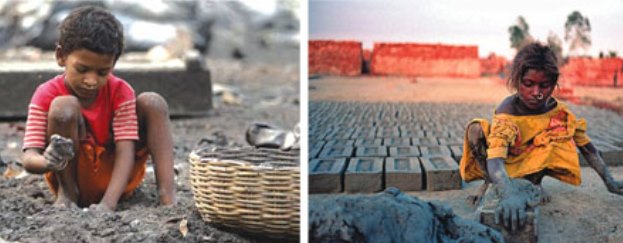There are more than 107,000 child labourers in Sri Lanka according to a survey conducted in 2008, Chairperson of the National Child Protection Authority (NCPA) Natasha Balendra said yesterday.
June 12 marks World Day Against Child Labour, and the NCPA has adopted this year’s slogan ‘No to Child Labour – Yes to Quality Education’ as its theme for operations this year. Speaking to Ceylon Today, the NCPA said yesterday that the Labour Department together with the Police and the NCPA will be conducting investigations to unearth the extent of child labour exploitation in the country.
“All necessary action will be taken to ensure that each and every child in Sri Lanka will be given a proper education, which is their right,” the NCPA chairperson said, adding that “although a child should be ensured a peaceful and stress-free school career, today the situation is different: children are subjected to competition and stress. The NCPA has put forward a number of solutions and suggestions to rectify this situation in the future.”
Meanwhile, Prime Minister Ranil Wickremesinghe issued a message in line with the World Day against Child Labour, stating that compensatory measures will be introduced for the poorest families to give their children a necessary education.
“Our education policy stipulates that children should remain in school until age 18 and parents, guardians and employers should not abuse our children by engaging them in work below this age,” said the Prime Minister adding that “ensuring that education is free must be a part of our ideal together with compensatory measures for the poorest families.”
“We need to ensure that every child has a full childhood, and not one burdened by adult commitments such as employment and taking care of the family. Child labour is work that is harmful to a child’s development,” he said. “It is about engaging children in hazardous and unhealthy work, often of an exploitative nature and interferes with and denies them the opportunity for an education. Child labour must be tackled through an integrated approach that includes measures to reduce poverty, provide universal education and promote social and economic development,” the Prime Minister added in his message.
BY Cassendra Doole
CT
